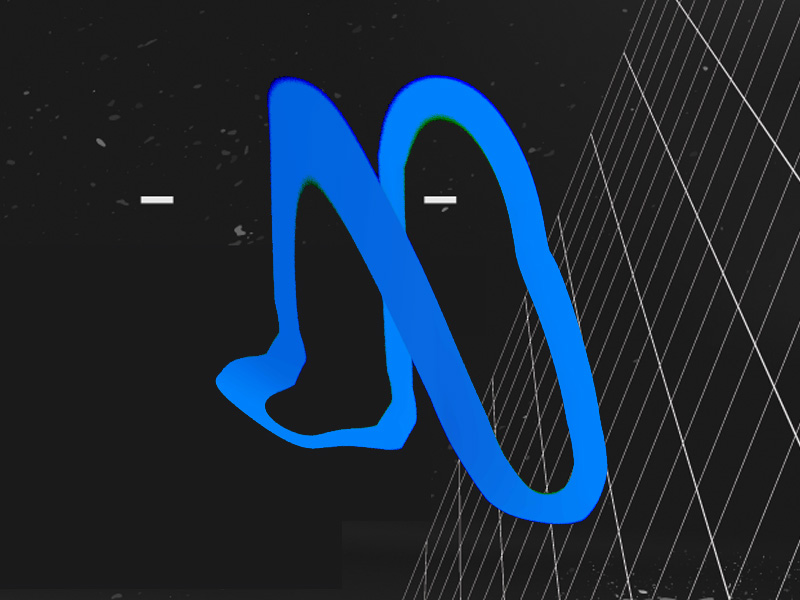As I scroll through my social media feeds each day, I can’t help but notice how seamlessly curated they seem.
The posts I see, the ads that pop up, and even the friends’ updates that appear on my timeline all seem tailored to my interests.
This isn’t a coincidence—it’s the result of sophisticated algorithms that govern what content gets shown to me.
But while these algorithms make my online experience more personalized, they also raise significant concerns about how they shape our reality.
The Power of Algorithms
Algorithms are the silent orchestrators behind our social media experiences. Platforms like Facebook, Instagram, and Twitter use complex algorithms to determine which posts appear at the top of our feeds.
These algorithms analyze our behavior—what we like, share, comment on, and even how long we linger on certain posts—to create a customized feed designed to keep us engaged.
On the surface, this seems beneficial. After all, who wouldn’t want a feed filled with content they enjoy? However, the implications of these algorithms run much deeper.
They don’t just show us what we like; they shape what we see, and by extension, how we perceive the world around us.
The Echo Chamber Effect
One of the most troubling aspects of social media algorithms is the echo chamber effect.
By continually showing us content that aligns with our existing beliefs and interests, algorithms can reinforce our viewpoints and isolate us from opposing perspectives.
This creates a feedback loop where our beliefs are constantly validated, making it harder to engage in meaningful dialogue with those who think differently.
I’ve noticed this in my own social media use. My feeds are often filled with news articles, opinions, and memes that reflect my political views and personal interests.
While this can be comforting, it also limits my exposure to diverse viewpoints. According to The Guardian, this echo chamber effect can lead to increased polarization and a fragmented society.
Real-World Implications
The real-world implications of echo chambers are profound. They can exacerbate political divisions, making compromise and understanding more difficult.
During elections, for example, echo chambers can create environments where misinformation flourishes, as users are less likely to encounter fact-checks or opposing views that might challenge their beliefs.
This was evident during the Brexit referendum and the 2016 U.S. presidential election, where echo chambers contributed to significant misinformation and voter manipulation.
Manipulating Reality
Another concern is how algorithms can be manipulated to spread misinformation and fake news.
During the 2016 U.S. presidential election, we saw how social media platforms were used to disseminate false information, influencing public opinion and possibly the election outcome.
Algorithms, designed to prioritize engaging content, can inadvertently promote sensational and misleading stories simply because they generate more clicks and shares.
I’ve encountered numerous instances of questionable content on my feeds—headlines designed to provoke outrage or fear, often without any factual basis.
The New York Times reported on how fake news can spread faster and more widely than real news, thanks in part to these algorithms.
The Role of Bots and Trolls
Bots and trolls exploit these algorithmic preferences to amplify false narratives.
Automated accounts can post and share content at a rate that outpaces human users, creating the illusion of widespread consensus or urgency around false stories.
This artificial amplification makes it more likely that such content will be picked up by algorithms and shown to real users, further spreading misinformation.
The Mental Health Toll
Algorithms don’t just affect our understanding of the world; they also impact our mental health. Social media platforms are designed to be addictive, using algorithms to keep us hooked.
Every like, comment, and share triggers a dopamine rush, encouraging us to spend more time on these platforms. Over time, this can lead to social media addiction, anxiety, and depression.
I’ve personally experienced the mental health toll of social media. The constant comparison to others’ highlight reels can lead to feelings of inadequacy and low self-esteem.
A study by The Royal Society for Public Health found that social media use is linked to increased rates of anxiety, depression, and poor sleep.
The Phenomenon of “Social Media Envy”
“Social media envy” is a term that describes the feelings of inadequacy and envy that can arise from comparing oneself to others on social media.
When our feeds are filled with posts showcasing the best moments of others’ lives, it can create unrealistic expectations and pressure to portray a perfect life.
This can lead to a cycle of negative self-comparison and a distorted view of reality.
The Need for Transparency
Given the profound impact algorithms have on our lives, there is a pressing need for greater transparency from social media companies.
We deserve to know how these algorithms work and what criteria they use to curate our feeds.
This transparency would allow us to make more informed decisions about our social media use and hold these platforms accountable for their role in shaping public discourse.
Taking Control
While we can’t completely escape the influence of algorithms, there are steps we can take to regain some control over our online experiences.
Being mindful of our social media use, actively seeking out diverse perspectives, and critically evaluating the content we encounter can help mitigate the negative effects of these algorithms.
Personal Strategies
Personally, I’ve found that setting limits on my social media use helps maintain a healthier balance.
I make a conscious effort to follow accounts that offer different viewpoints and to engage in meaningful discussions with those who hold opposing views.
Additionally, using browser extensions that allow for more control over what appears in my feed has been beneficial.
Conclusion
The algorithm dilemma is a complex issue with no easy solutions.
Social media algorithms offer personalized experiences that can enhance our online interactions, but they also create echo chambers, spread misinformation, and impact our mental health.
As we continue to navigate this digital landscape, it’s crucial to remain aware of the algorithms at play and advocate for greater transparency and accountability from social media companies.
Only then can we hope to create a more balanced and informed digital reality.
As we move forward, it’s important to remember that while algorithms are powerful, we still have agency.
By making conscious choices about our social media consumption and advocating for change, we can work towards a digital environment that supports diversity, truth, and mental well-being.
Let’s not allow algorithms to define our reality; instead, let’s use our awareness and actions to shape a better online world.




